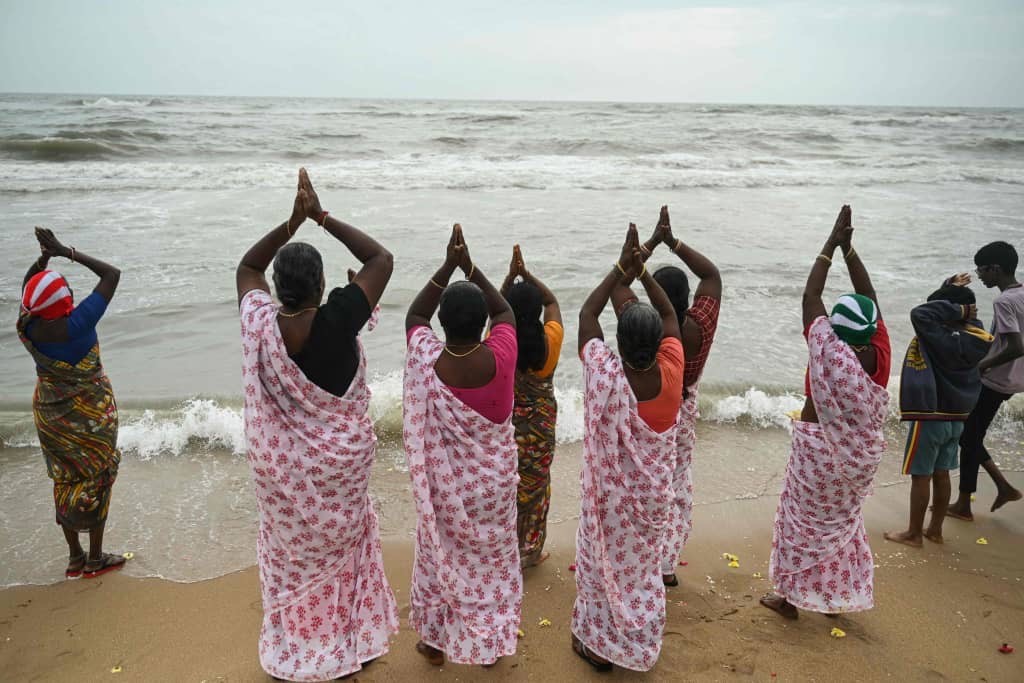ELECTRICITY demands in southern Africa have increased at a rate of three percent per annum in the last 10 years while there has not been a corresponding increase of investment in power generation, Prime Minister Nahas Angula said yesterday.
As a result, the generation capacity is dwindling marginally, much to the detriment of development efforts, Angula said when he officially opened the second Southern African Development Community (SADC) regional electricity investment conference in Windhoek. “In order to overcome this vulnerability [to globalisation] and benefit from what globalisation has to offer,” Angula said, “we need to support efforts geared at fostering regional integration, support development programmes such as Nepad and its structures that promote peace, stability and economic development such as the African Union (AU), SADC and SAPP.”Angula said Africa was more vulnerable to the negative effects of globalisation, which results in the need for greater co-operation.”The effect of globalisation on poverty and equality has generated intense debates and raised several key concerns,” he said.Angula said given such a backdrop, it was essential that efforts to foster regional integration be supported fully.Such initiatives included the New Partnership for Africa’s Development (Nepad) and the Southern African Power Pool (SAPP), aimed at increasing the region’s power-generation capacity.Experts have warned that southern Africa faces a power deficit as rising demand outstrips supply, a situation that could retard economic development as foreign investors look elsewhere.The SAPP’s broad strategy is to pool resources and reduce the investment cost burden while boosting reliability.The three-day conference, drawing hundreds of participants at US$765 per person (N$4 743) within the energy sector across southern Africa, is set to deliberate on efforts to boost electricity generation.The principal aim of the conference is to encourage foreign and private-sector investment in this critical sector.The massive Inga hydro-electric expansion in the Democratic Republic of the Congo (DRC) has been touted as a possible solution to Southern Africa’s power deficit.Mines and Energy Minister Erkki Nghimtina said it was essential that the region develop sustainable strategies in boosting electricity generation to meet developmental needs.Electricity, he said, should be offered at affordable rates.This creates the need for an effective tariff structure to be put in place, he said.Joao Samuel Caholo from Angola, the Deputy Executive Secretary of SADC, said there was a greater need for private-public sector partnerships, as governments could not go it alone.Individual power producers, he said, should be brought together to help reach the goal of increased electricity generation.”In order to overcome this vulnerability [to globalisation] and benefit from what globalisation has to offer,” Angula said, “we need to support efforts geared at fostering regional integration, support development programmes such as Nepad and its structures that promote peace, stability and economic development such as the African Union (AU), SADC and SAPP.”Angula said Africa was more vulnerable to the negative effects of globalisation, which results in the need for greater co-operation.”The effect of globalisation on poverty and equality has generated intense debates and raised several key concerns,” he said.Angula said given such a backdrop, it was essential that efforts to foster regional integration be supported fully.Such initiatives included the New Partnership for Africa’s Development (Nepad) and the Southern African Power Pool (SAPP), aimed at increasing the region’s power-generation capacity.Experts have warned that southern Africa faces a power deficit as rising demand outstrips supply, a situation that could retard economic development as foreign investors look elsewhere.The SAPP’s broad strategy is to pool resources and reduce the investment cost burden while boosting reliability.The three-day conference, drawing hundreds of participants at US$765 per person (N$4 743) within the energy sector across southern Africa, is set to deliberate on efforts to boost electricity generation.The principal aim of the conference is to encourage foreign and private-sector investment in this critical sector.The massive Inga hydro-electric expansion in the Democratic Republic of the Congo (DRC) has been touted as a possible solution to Southern Africa’s power deficit.Mines and Energy Minister Erkki Nghimtina said it was essential that the region develop sustainable strategies in boosting electricity generation to meet developmental needs.Electricity, he said, should be offered at affordable rates.This creates the need for an effective tariff structure to be put in place, he said.Joao Samuel Caholo from Angola, the Deputy Executive Secretary of SADC, said there was a greater need for private-public sector partnerships, as governments could not go it alone.Individual power producers, he said, should be brought together to help reach the goal of increased electricity generation.
Stay informed with The Namibian – your source for credible journalism. Get in-depth reporting and opinions for
only N$85 a month. Invest in journalism, invest in democracy –
Subscribe Now!







